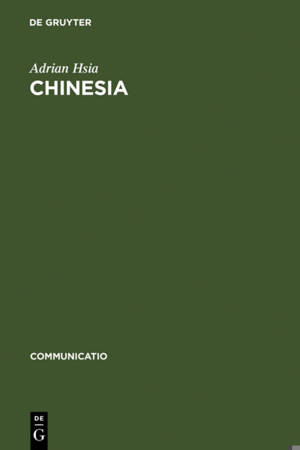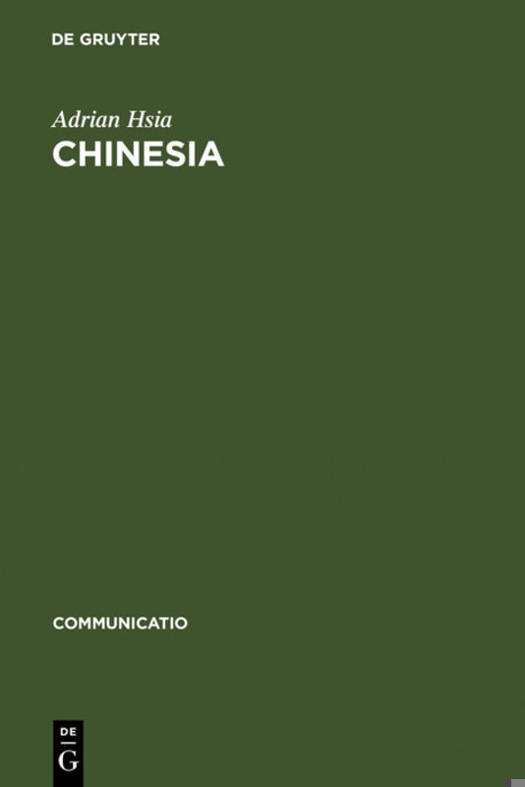
- Afhalen na 1 uur in een winkel met voorraad
- In januari gratis thuislevering in België
- Ruim aanbod met 7 miljoen producten
- Afhalen na 1 uur in een winkel met voorraad
- In januari gratis thuislevering in België
- Ruim aanbod met 7 miljoen producten
Chinesia
The European Construction of China in the Literature of the 17th and 18th Centuries
Adrian HsiaOmschrijving
Our perception of the Others is based on our conception of ourselves. In theory the Others should be different. If necessary, we alter their images to accommodate the apperception of ourselves. Thus Chinesia, an amalgamation of facts and fiction, was created. In order to avoid previous repetition of stereotypes and prejudices, the present study re-examines the parameters which created Chinesia and traces its development to the end of the 18th century. It discusses the reports of the European seafarers and trade embassies to China and analyzes the situation of the Jesuit missionaries and their European publications on China. These helped to develop a wondrous China during Baroque and early Enlightenment which, however, gradually became offensive to Christian pride. After Christian Wolff was dismissed from the University of Halle and banished from Prussia for eulogizing Confucianism, China was steadily downgraded, particularly by the historicists who were re-evaluating the position of Europe in World History. The white race was perceived as superior to all other races (David Hume and Kant); consequently, the complexion of the Chinese became increasingly yellower. It darkened from the Meerschaum hue (Lichtenberg) to the color of dried orange peels (Gobineau) toward the end of the 19th century. Finally, the Chinese were considered to be too stupid to have created the Chinese culture. The literary works of these periods reflect this development. The literary study begins with the analysis of European dramatization of the Manchu Conquest of China and its subsequent fictional Christianization. Then the Jesuit plays with Chinese themes are discussed, for the first time in literary history. Also analyzed is the reception of the Chinese Orphan motive in European literature which was the turning point in downgrading China, and subsequently Montesquieu's impact on Albrecht von Haller's novel "Usong" is examined. Thereafter, the study scrutinizes the contradictory positions of Herder and von Seckendorff (or Goethe, for that matter) in Weimar. The book concludes with a concise analysis of the 'eschatological sinism' of Hegel, Marx and Weber to indicate the development of the later centuries.
Specificaties
Betrokkenen
- Auteur(s):
- Uitgeverij:
Inhoud
- Aantal bladzijden:
- 149
- Taal:
- Engels
- Reeks:
- Reeksnummer:
- nr. 16
Eigenschappen
- Productcode (EAN):
- 9783484630161
- Verschijningsdatum:
- 15/09/1998
- Uitvoering:
- Hardcover
- Formaat:
- Genaaid
- Afmetingen:
- 156 mm x 234 mm
- Gewicht:
- 390 g

Alleen bij Standaard Boekhandel
Beoordelingen
We publiceren alleen reviews die voldoen aan de voorwaarden voor reviews. Bekijk onze voorwaarden voor reviews.









